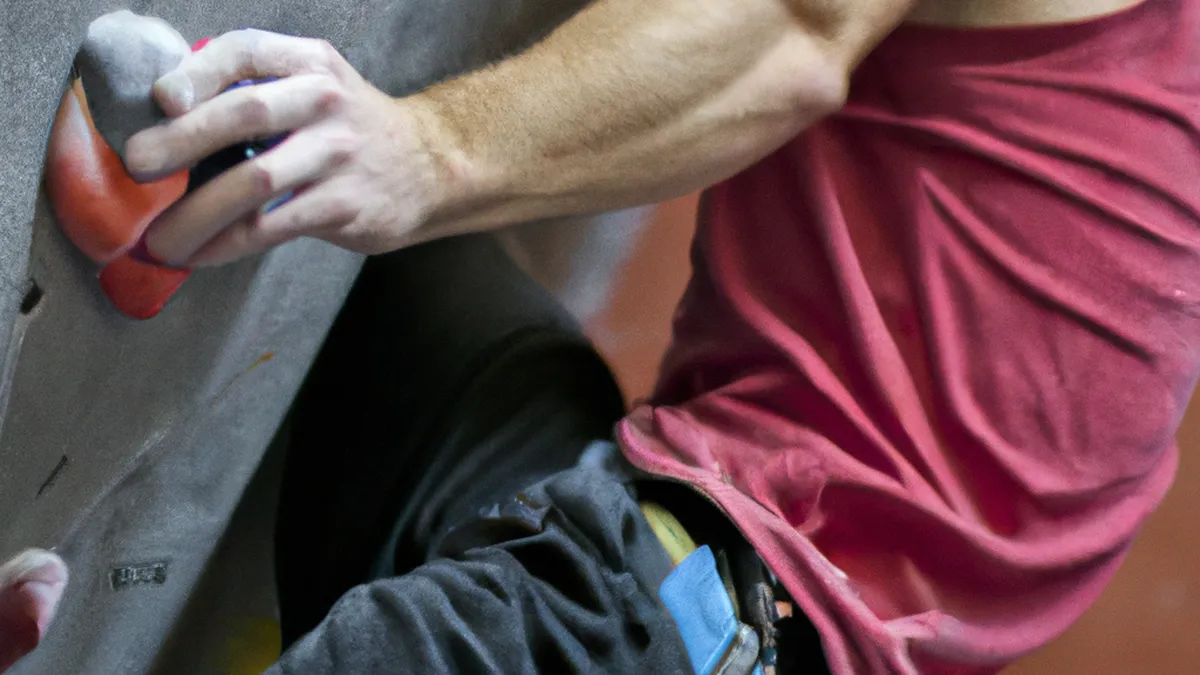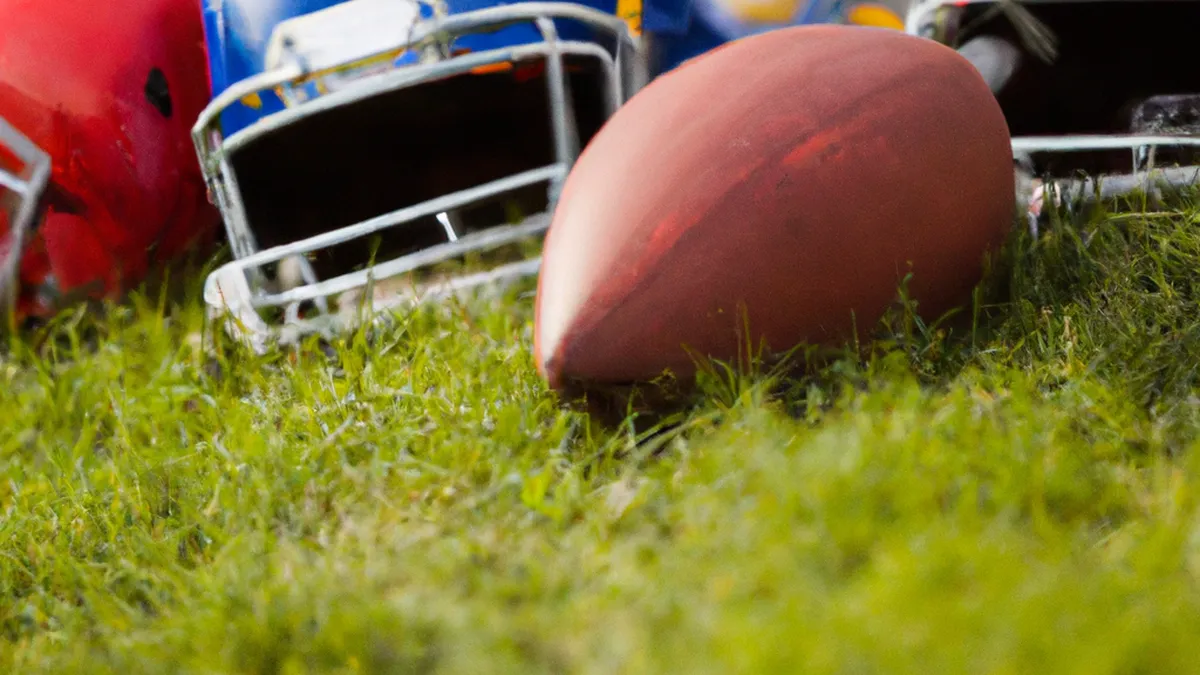Elbow Pain vs. Shoulder Issues (Climbers)
Common Bouldering Injuries ExplainedBouldering tests your strength, agility, and problem-solving skills. However, it can also cause injuries if you’re careless. Knowing common bouldering injuries helps you prevent them and climb safely. In this post, we’ll explain these injuries, offer prevention tips, and discuss effective recovery methods.
Common Bouldering Injuries
Bouldering can cause various injuries from falls or improper techniques. Here are some frequent injuries climbers experience.
Finger Injuries
Finger injuries are among the most common in bouldering. Climbers often strain their tendons or ligaments while gripping holds. Symptoms include pain, swelling, and limited mobility. Severe cases may involve a complete rupture or pulley injury.To avoid finger injuries, warm up properly. Stretch your fingers lightly before climbing. Listen to your body; if you feel pain, stop and rest. Gradually increase intensity and difficulty during climbing sessions to help your fingers adapt.
Shoulder Injuries
Shoulder injuries often occur from overreaching or falling awkwardly. Climbers frequently experience rotator cuff strains and impingement syndromes. Symptoms may include pain when lifting your arm, weakness, and limited range of motion. Some may feel popping or clicking in the shoulder.To prevent shoulder injuries, strengthen your shoulders and improve stability. Incorporate shoulder presses, external rotations, and scapular push-ups into your routine. Always maintain good climbing form to minimize injury risk. Proper body positioning significantly reduces shoulder stress.
Ankle Sprains
Ankle sprains often occur during falls, especially when landing awkwardly. Twisting your ankle can cause pain, swelling, and difficulty bearing weight. If you hear a popping sound or feel significant pain, seek medical attention immediately.To prevent ankle sprains, focus on your landing technique. Practice rolling on impact instead of landing stiff-legged. Wear supportive climbing shoes with good ankle coverage to stabilize your ankles. Incorporate ankle-strengthening exercises into your training routine to enhance stability.
Elbow Injuries
Elbow injuries, such as tendinitis or golfer’s elbow, occur from repetitive strain while gripping holds. Symptoms may include pain on the inside or outside of the elbow, swelling, and tenderness.To prevent elbow injuries, focus on grip technique. Avoid over-gripping holds, and learn to use your legs more effectively when climbing. Strengthen your forearm muscles through targeted exercises to enhance resilience.
Tips for Injury Prevention
As an Amazon Associate I earn from qualifying purchases.
Gear tip: consider compression sleeves, compression socks, and percussive massager to support this topic.
Prevention plays a crucial role in bouldering safety.
Conclusion
In summary, understanding and preventing common bouldering injuries enhances your climbing experience and safety.
Below are related products based on this post:
FAQ
What are the most common injuries associated with bouldering?
The most common injuries in bouldering include finger injuries, shoulder injuries, ankle sprains, and elbow injuries. These injuries often result from falls or improper climbing techniques, leading to strains, sprains, or other damage to muscles and ligaments.
How can I prevent finger injuries while bouldering?
To prevent finger injuries, it is essential to warm up properly and stretch your fingers lightly before climbing. Listening to your body and resting when you feel pain can help, along with gradually increasing the intensity and difficulty of your climbing sessions.
What should I do if I experience an ankle sprain while climbing?
If you experience an ankle sprain, you should seek medical attention immediately, especially if you hear a popping sound or feel significant pain. To aid recovery, focus on proper landing techniques and consider ankle-strengthening exercises to enhance stability in the future.















Post Comment